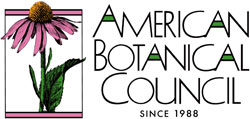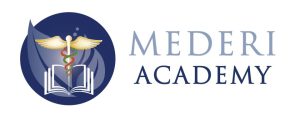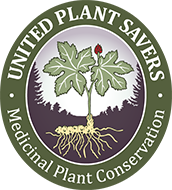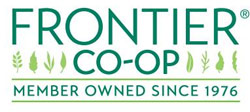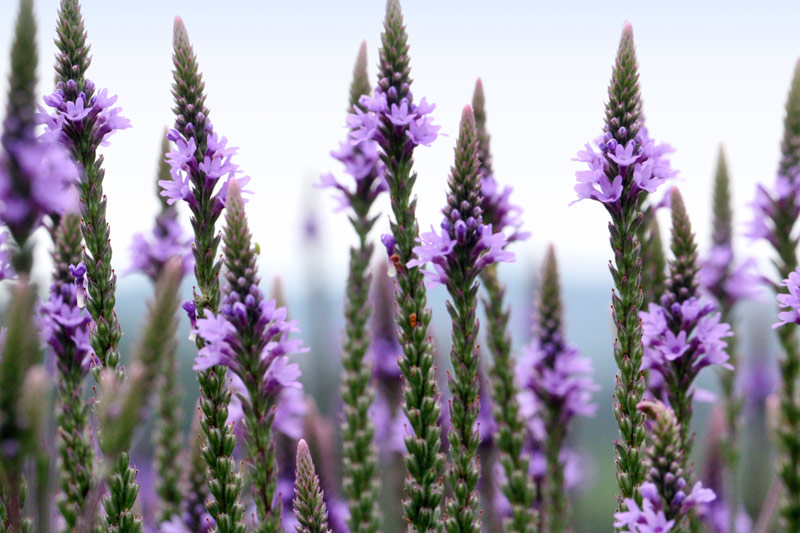
An audio series for health care providers – with continuing education for naturopathic physicians – bundled together in one discounted package:
- Seven (7) audio lectures (1.5 – 2 hours each)
- Digital book of notes (110-page PDF)
- Order with one click for $60 ($105 value)
Note: The information in this series is provided as a research resource for health professionals and is not intended to replace diagnosis and treatment by a qualified health care practitioner.
Details: This series of seven audio recordings begins with an overview by David Winston, RH (AHG) of differential treatment according to the cause: hepatic and GI-based depression, hormonal depression, GI-based anxiety and more. Tori Hudson, ND continues with a description of the fearsome twosome of anxiety and depression in women in which she prescribes select botanicals with particular attention to the influence of cortisol and other hormonal states.
Jill Stansbury, ND emphasizes the necessity of delicate incremental therapies for those immobilized by depression, and those undergoing withdrawal from SSRIs and MAO inhibitors. She defines trophorestoratives as those herbs which nourish the whole nervous system, upon which more specific formulas are built for the individual’s situation.
Going further than just an absence of disease, Lise Alschuler, ND gives recommendations for “Supporting Happiness and Reducing Anxiety and Depression.” And finally, Donald Yance, RH (AHG) presents a 4-hour intensive entitled “Mood Disorders: An Integrative Approach to Reducing and Eliminating the Use of Pharmaceuticals.” (Includes a 110-page PDF of lecture notes.)
Naturopathic CE: If CME has not previously been earned for the lectures listed below (either in person or distance) you can earn a total of 11.5 CME hours, including:
- 2.0 pharmacy credits and 9.5 general credits
- Approved by Oregon Board of Naturopathic Medicine
- Full CE details
| Presentation | Speaker | General Hours (approved by OBNM) | Pharm Hours (approved by OBNM) |
|---|---|---|---|
| Differential Treatment of Anxiety and Depression | David Winston, RH (AHG) | 1.5 | |
| Anxiety and Insomnia in Women: The Fearsome Twosome | Tori Hudson, ND | 1.0 | .5 |
| Nervous System Trophorestoratives for Anxiety, Depression, Insomnia, Exhaustion | Jillian Stansbury, ND | 1.5 | |
| Anxiety: More Than an Over Aroused State | Mary Rondeau, ND | .5 | 1.0 |
| Supporting Happiness and Reducing Anxiety and Depression | Lise Alschuler, ND | 1 | .5 |
| Mood Disorders: An Integrative Approach to Reducing and Eliminating the Use of Pharmaceuticals, Part 1 | Donald Yance, RH (AHG) | 2.0 | |
| Mood Disorders: An Integrative Approach to Reducing and Eliminating the Use of Pharmaceuticals, Part 2 | Donald Yance, RH (AHG) | 2.0 | |
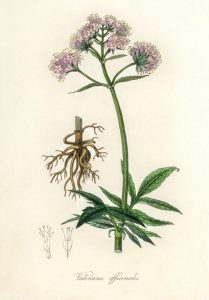
Recordings included in this series:
Differential Treatment of Anxiety and Depression
Research shows that the orthodox treatment of depression and anxiety is often not very effective. David Winston discusses the latest findings on the underlying causes of depression and anxiety. Learn to differentiate and appropriately treat the many different types of depression and anxiety including hepatic and GI based depression, hormonal depression, stagnant depression, old age-induced depression, panic disorder, GI based anxiety and generalized anxiety disorder. Speaker: David Winston, RH (AHG) (Product Code: 19SW20)
Anxiety and Insomnia in Women: The Fearsome Twosome
Tori Hudson discusses generalized anxiety disorder and chronic insomnia in women, as well as how adrenal dysfunction can be both cause and consequence. Anxiety disorders can manifest differently in women and can worsen premenstrually, postpartum and in the perimenopausal transition. Insomnia is pandemic in midlife women, although the cause remains unexplained within the scientific community. Includes both an evidence-based and traditional approach to using select botanicals with particular attention to the influence of cortisol on sleep disturbance, and the influence of other hormonal states on insomnia and anxiety. Speaker: Tori Hudson, ND (Product Code: 14SW23)
Nervous System Trophorestoratives for Anxiety, Depression, Insomnia, Exhaustion
The term ‘trophorestorative’ has historically referred to a botanical agent capable of nourishing and restoring the tone of a particular organ. This lecture begins with generalized treatment recommendations for patients with anxiety and depression, and the necessity for a gentle approach especially in those immobilized by depression and those withdrawing from SSRIs and MAO inhibitors. This is followed by a list of herbs that the speaker considers to be nourishing to the nervous system and appropriate as a basis for numerous herbal formulas, whether for anxiety or depression. She then wraps it up with more specific botanical recommendations based on the individual’s case presentation. Speaker: Jillian Stansbury, ND (Product Code: 09SW17)
Anxiety: More Than an Over Aroused State
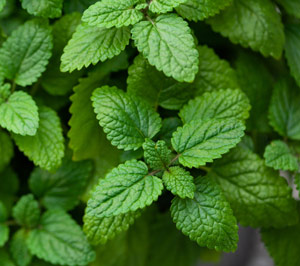
Anxiety is commonly categorized as an over aroused state and thus treatments are recommended to “calm” or reduce over-activity in the brain. Cutting-edge brain mapping is now being used to identify multiple sub-types of anxiety. In addition to brain sub-types, body sub-types are also being identified. Mary Rondeau covers pharmaceuticals, nutraceuticals, botanicals, diet and lifestyle treatment modalities to truly individualize a plan for an anxious individual. Speaker: Mary Rondeau, ND (Product Code: 20ME25)
Supporting Happiness and Reducing Anxiety and Depression
While relieving depression and anxiety is a significant step towards wellness, assisting patients even further along the wellness pathway towards joy and contentment is ultimate healing. Botanicals are important tools to help move people into lasting happiness. Also includes a discussion of the use of botanicals to help patients discontinue anxiolytics and anti-depressants. Speaker: Lise Alschuler, ND (Product Code: 17SW10)
Mood Disorders: An Integrative Approach to Reducing and Eliminating the Use of Pharmaceuticals, Part 1
Depression and anxiety are major public health problems and contribute to cancer, heart disease, obesity, and neurological diseases. They often occur together and include debilitating restlessness, fatigue, anger, concentration problems, tension, irritability, and sleep problems. These are due to allostatic overload caused by unrelenting stress in daily life and adaptogens can be of great use in preventing stress-related chronic disease. Important blood tests and constitutional assessments are then listed as a preparation for the treatment plans described in Part 2. Speaker: Donald Yance, RH (AHG) (Product Code: 15ME07)
Mood Disorders: An Integrative Approach to Reducing and Eliminating the Use of Pharmaceuticals, Part 2

Part 2 presents clinical recommendations, which begin with an outline of the building blocks for the treatment of mood disorders: herbs, nutrients and lifestyle changes. Treatment programs for age-related anxiety and depression feature adaptogenic herbs such as rhodiola, shisandra and holy basil. Other botanicals may simultaneously enhance the vital spirit, reduce anxiety and suppress aging and chronic disease. An extensive materia medica of herbs and nutrients and their clinical indications are then presented, followed by inspiring lifestyle recommendations. Speaker: Donald Yance, RH (AHG) (Product Code: 15ME08)
Plus Lecture Notes for the Clinical Management of Anxiety and Depression Series, in PDF format (110-page digital book).



